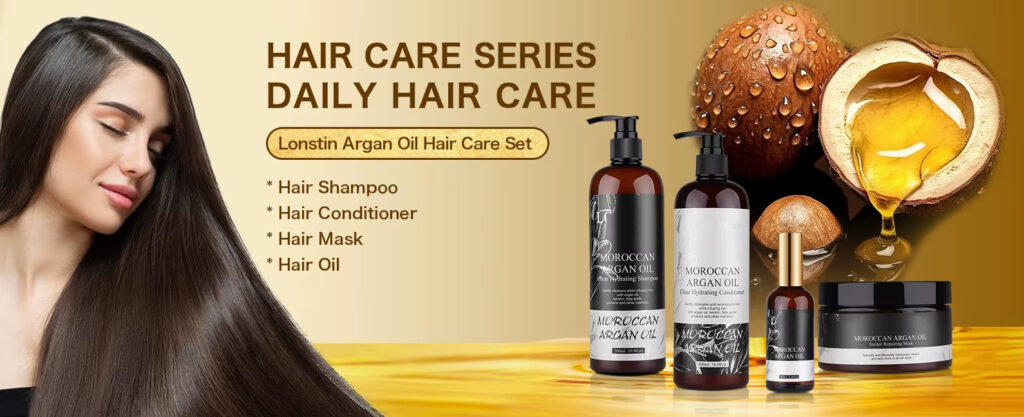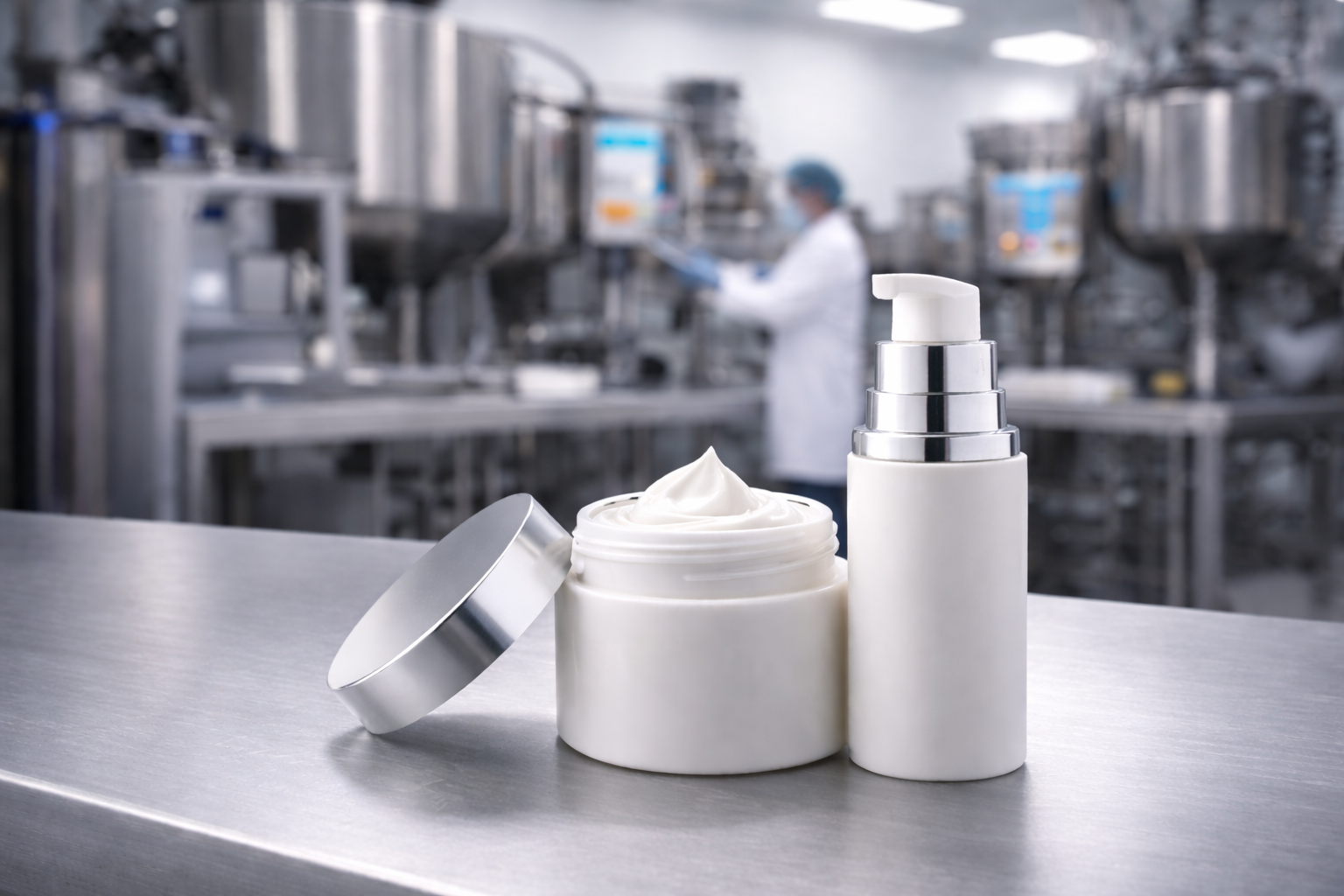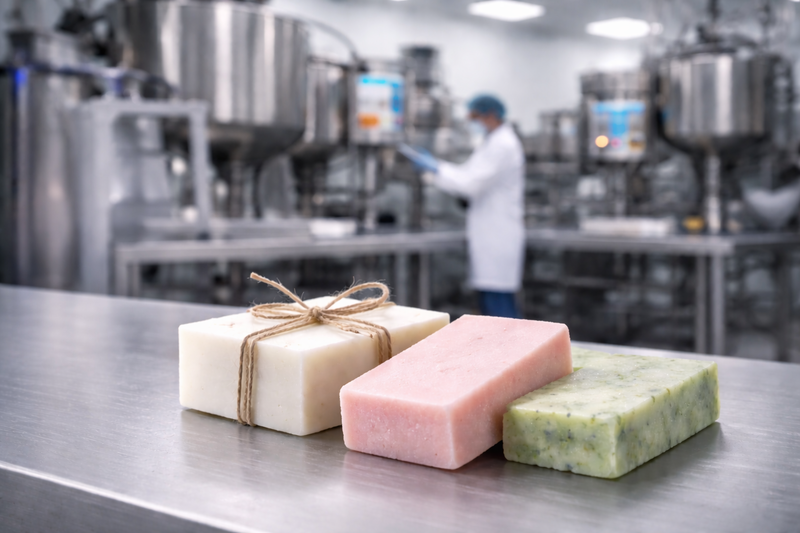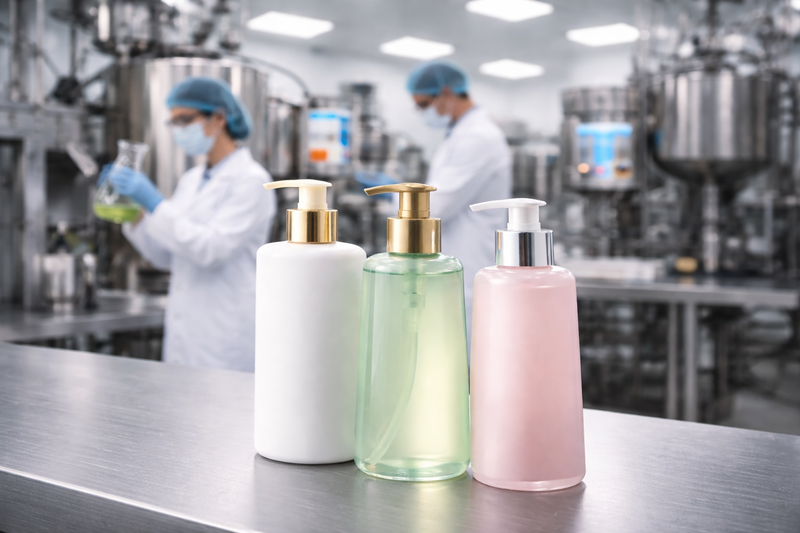Argan Oil Shampoo : Ingredients, Pros & Cons, Best Picks

Introduction
In recent years, argan oil shampoo has become a beauty buzword—heralded for its promise of silky, strong, and shiny hair. But is it all hype? This comprehensive guide explores the origins, benefits, science, and downsides of argan‑infused shampoos, helping you decide whether Moroccan argan oil shampoo is the right choice for your hair type.
We’ll cover:
What is argan oil, and how is it traditionally used?
Why many formulas are sulfate‑free argan oil shampoo
Chemical profile and proven benefits
What hair types benefit most—and when to avoid
Leading brands like OGX, Herbal Essences, Creme of Nature, and HASK
Proper techniques and expert caution
A summary and FAQ to round it off
What Is Argan Oil and Why It Matters in Shampoo
Argania spinosa, the argan tree native to Morocco, yields a nutty, vitamin‑rich oil known locally for centuries as liquid gold. It’s prized for its high levels of antioxidants, essential fatty acids (mostly oleic and linoleic acid), squalene, and vitamin E—all of which work to nourish both scalp and hair shaft.
Harvesting and cold‑pressing the nuts yield batches of oil that—when added to a shampoo—can help smooth rough strands, seal split ends, and support moisture retention.
Why “Argan Oil Shampoo” Goes Best with “Sulfate‑Free”
Modern formulations, including argan oil shampoo lines from top brands, usually label themselves as sulfate‑free. This is not just marketing—compare:
The OGX Renewing Argan Oil of Morocco Shampoo avoids “sulfated surfactants, parabens, phthalates, microplastics and dyes” and is paraben-free with sulfate-free surfactants.
Similarly, Herbal Essences Argan Oil Repair Shampoo is marketed as paraben‑ and colorant‑free and works well on dry, color‑treated hair .
Creme of Nature Argan Oil Moisture & Shine Shampoo specifies “sulfate free” on the packaging and claims gentle hydrating cleansing, detangling, and shine enhancement .
Multiple science‑based articles explain that sulfate‑free shampoos help retain scalp oils, decrease irritation, and minimize frizz—especially important for anyone with color‑treated, dry, or curly hair .
What the Research & Real Users Reveal
Nutrients & Science
Scientific reviews confirm sulfate‑free argan shampoo can preserve natural oils and prevent protein loss. One overview shows scalp irritation drops by nearly 40% compared with standard formulations, while color retention improves and cuticle damage lessens .
Real‑World Feedback
But user experience is mixed. Reddit users on r/HaircareScience share:
“The first three ingredients are all silicones. Argan oil is listed way at the bottom of the list… meaning that there is likely only 1–2% argan oil in this product.”
“Sulfates truly can be drying to the hair shaft… I don’t think the shampoo contains any sulfates, so people are worried they’re not cleansing out the silicones…”
In other words, cheaper brands may feature argan oil prominently in branding while actually containing more silicone than active oil—users seeking real botanical benefit may not always get it.
Hair Benefits of Argan Oil Shampoo (Science + Experience)
Deep Moisture & Softness: Argan’s fatty acids act as emollients, smoothing rough cuticles and reducing breakage.
Frizz Control & Shine: A light occlusive action coats strands in a protective lipid layer, ideal for humid or flyaway-prone hair.
Strengthens & Reduces Breakage: Vitamin E and antioxidants help reduce oxidative stress on the follicle.
Color & Keratin Treatments: Sulfate-free formulas preserve vibrancy and keratin bonds longer.
Gentle Scalp Cleansing: Softer surfactants discourage flaking, itching, or redness.
Hair Growth Support? Anecdotally, users (e.g., on Quora) link argan shampoo to reduced breakage and longer retained length—though scientific proof is limited.
The Best Argan Oil Shampoo Brands
| Brand | Strengths | Things to Check |
|---|---|---|
| OGX Renewing Argan Oil | Widely available; sulfate‑ and paraben‑free; Lipi‑Pro Shield™ for added protein/lipid protection | Ingredients list includes silicones; actual argan concentration may be low |
| Herbal Essences Argan Oil Repair | Pleasant smell, color-safe, contains botanical extracts; paraben- and dye-free | Some users note fragrance can be overpowering or linger too long |
| Creme of Nature Moisture & Shine | Designed for curly / coily hair; strong detangling and hydration; advertised as sulfate‑free and no mineral oil, petrolatum or drying alcohol | Conditioner reviews are mixed among 4C/3C groups |
| HASK Argan Oil Repairing Shampoo | Affordable drugstore brand; oil-and-protein blend; lauded in fan communities; used by celebrity stylists like those for Angelina Jolie | Some users dispute whether true argan oil concentration is high |
If you want more details on each, you can visit the official brand pages:
[OGX Renewing Moroccan Argan Oil Shampoo]
[Herbal Essences Argan Oil Repair Shampoo]
[Creme of Nature Argan Oil Moisture & Shine Shampoo]
How to Choose & Use Argan Oil Shampoo
Choosing the Right Formula
Prefer true sulfate‑free over “mild sulfates” – the product labels or ingredient list should read “Sodium Laureth Sulfate / Lauryl Sulfate” absent.
Check if argan oil is listed among the top ingredients. If it appears near the bottom, your shampoo is mostly silicone with branding fluff.
Avoid formulas containing drying alcohols (e.g. isopropyl, denatured alcohol) or mineral oil if you need hydration ⁽especially for curly/coily hair⁾.
Choose fragrance‑free or naturally scented versions if you’re fragrance-sensitive.
How To Use Correctly
Wet hair thoroughly.
Apply a dime‑size amount of shampoo, massage using fingertips for at least 60 seconds—this helps lift product build-up, especially in sulfate‑free cleansers.
Rinse completely.
If hair was heavily styled or oily, follow with a second light shampoo.
Apply a hydrating conditioner, preferably from the same line (e.g., OGX Argan Conditioner).
Weekly deep‑conditioning or oil treatment can enhance shine and softness, especially on heat‑damaged or color‑treated hair.
Frequency Tips
Most users wash every 2–3 days. Using argan oil shampoo daily is fine, if your formula is gentle.
Some recommend rotating sulfate‑free and mild sulfate shampoos every couple of weeks to prevent buildup and scalp oil imbalance .
Risks and Limitations
Not for oily scalp or dandruff-prone users who need stronger cleansing agents. Sulfate‑free formulas can leave residue if you don’t scrub enough.
Silicone overload can occur: heavy silicones may weigh down fine hair or reduce curl clumping.
Overuse can lead to protein buildup, especially if the formula is rich in keratin or silk proteins.
Some users (based on Reddit feedback) report dryness or shedding from prolonged use without rotation:
“I tried sulfate free shampoos and all it did was make my hair look thinner, dryer, and killed any natural wave I had…”
Try Xiangxiang Daily Now!
We Help You Launch New Products, And Continue To Grow. Try Us With 20% Off Your First Order!
Summary
Argan oil shampoo blends natural plant oils with sulphate‑free, gentle cleansers, offering tangible benefits for dry, treated, or frizzy hair. Scientific reviews support its role in moisture retention and cuticle protection. However, some formulations rely more on silicone than actual argan oil, and ann HC may cause build-up if used exclusively without occasional deeper cleansing.
Select a high‑integrity brand, ensure oil features prominently in the start of the ingredient list, and scrub thoroughly during use. When used properly—with compatible conditioner and rotation—argan shampoo can nourish, shine, and support stronger, healthier hair.
Frequently Asked Questions
Is argan oil shampoo actually good for your hair?
Yes—when the product contains a real, substantial percentage of argan oil and avoids harsh sulfates. It reigns in frizz, restores softness, and helps retain moisture, particularly for color‑treated or dry hair.
Who should avoid using argan oil shampoo?
Those with very oily scalp, psoriasis, or heavy scalp buildup may find sulfate‑free versions too mild. If you don’t scrub enough, residue can accumulate and exacerbate issues.
Can I use argan oil shampoo every day?
Yes, many people do—especially if your formula is gentle, and you rinse thoroughly. Watch for dryness or buildup over time; rotating with a clarifying shampoo occasionally (even if sulfate‑based) can help.
Should I put argan oil on wet or dry hair?
Apply argan oil or serum to damp hair—this helps lock in moisture. If you leave it in overnight or add it before shampooing, rinse well to avoid residue that standard sulfate‑free ingredients may not remove.
Can too much argan oil damage hair?
Over-oiling or leaving lubricant-like silicones can weigh down hair—especially fine hair—or attract dust and dirt more easily. Use lightweight formulas and apply in moderation. Occasional clarifying is recommended.
Table of Contents
Latest Blog Posts
Check out the latest industry trends and take inspiration from our updated blogs, giving you a fresh insight to help boost your business.



